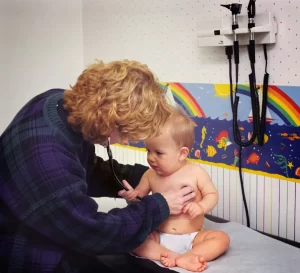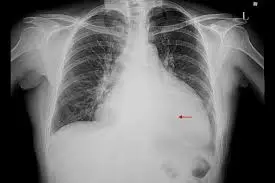Medicare Fraud – Don’t be a Victim
By Brenda Melara / SMP Community Outreach Specialist
Since 1997, the US Administration on Aging has funded Senior Medicare Patrol (SMP) programs in all fifty states and US territories. The programs recruit and train retired professionals to teach Medicare beneficiaries how to recognize and report possible healthcare fraud in the Medicare and Medicaid systems. SMP programs also work to resolve beneficiary complaints of potential fraud, waste and abuse. Working alongside state and national fraud control and consumer protection entities, including Medicare contractors, state Medicaid fraud control units, the Centers for Medicare and Medicaid Services and the US Office of Inspector General, SMP programs have been instrumental in returning millions of dollars to the Medicare system.
Two examples of healthcare fraud convictions in south Louisiana found home health agencies had stolen $17.1 million and $45 million filing false Medicare claims.
The SMP message is simple. Protect, detect and report. Protect your Medicare benefits and the Medicare systems from dishonest healthcare providers by protecting your Medicare number. Do not give it out to people you don’t know. Don’t give it to anyone on the phone. Say “no” to offers of free medical equipment. Remember that your Medicare card number can be more valuable than any credit card, if the person who gets your number uses it to bill Medicare for services and products you have not received.
Finally, report any suspicious activity. You could be uncovering a major scam, such as the ones mentioned above. Or, you might just have an innocent billing error.
For Florida Senior Medicare Patrol: call 877-272-8720 or visit www.stopmedicarefraud.org.
This project was supported, in part by a grant (Nos. 90MP194-01-00, 90MP0196-01-00 and 90MP195-01-00), from the U.S. Administration for Community Living, Department of Health and Human Services, Washington, D.C. 20201. Grantees undertaking projects under government sponsorship are encouraged to express freely their findings and conclusions. Points of view or opinions do not, therefore, necessarily represent official Administration for Community Living policy.


